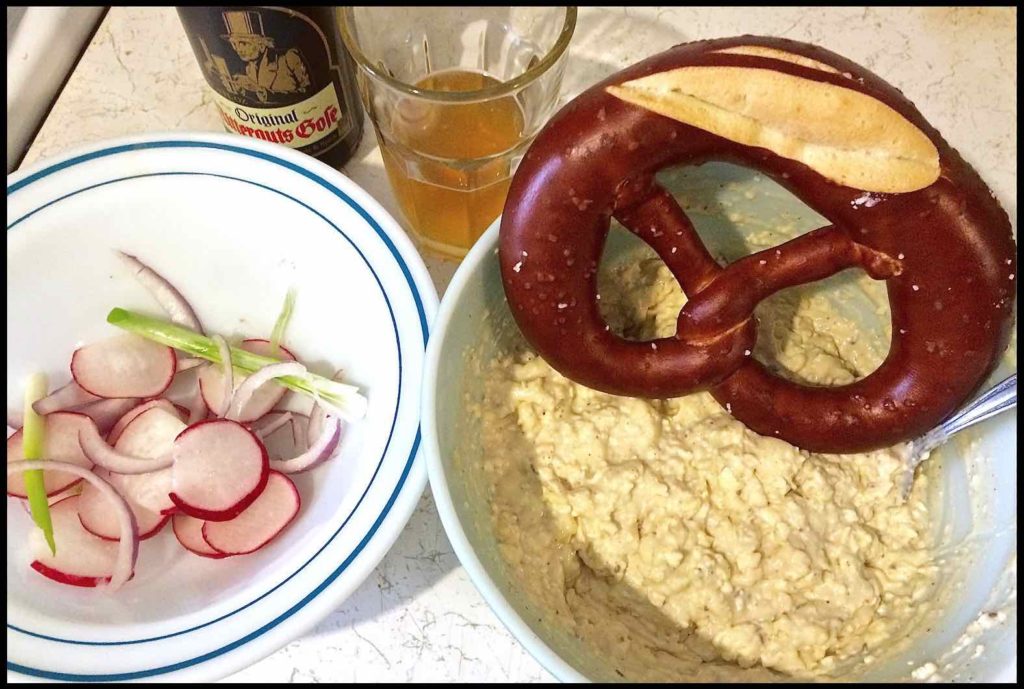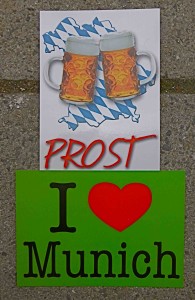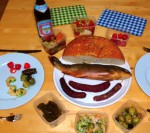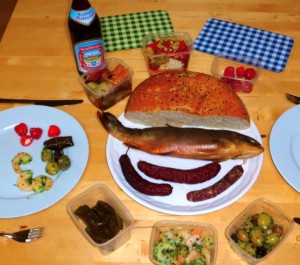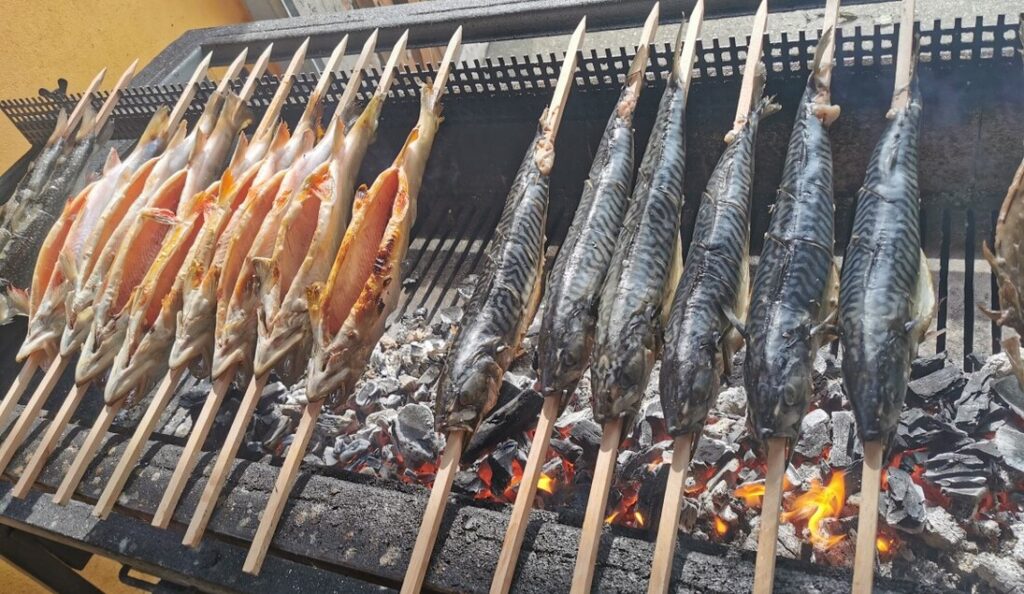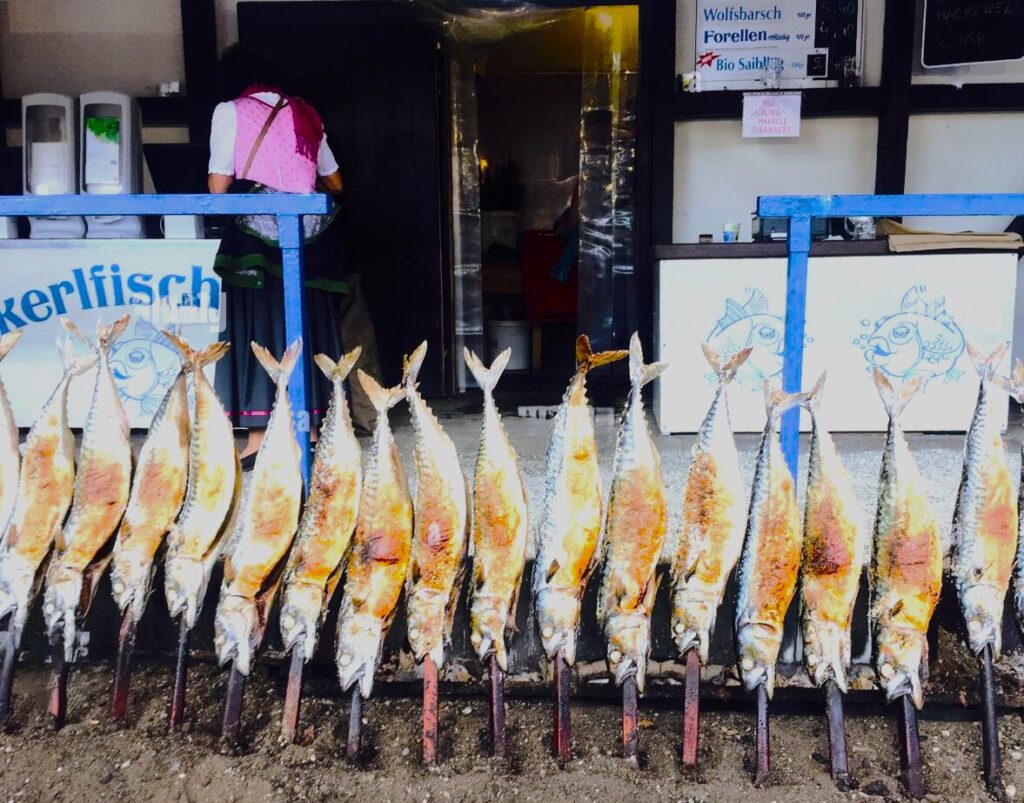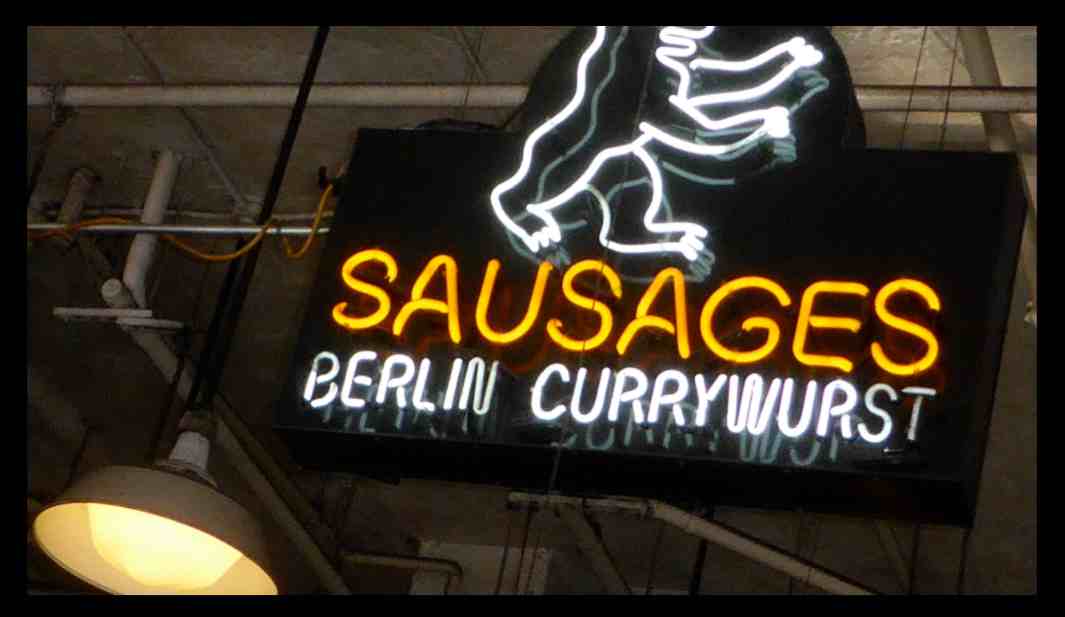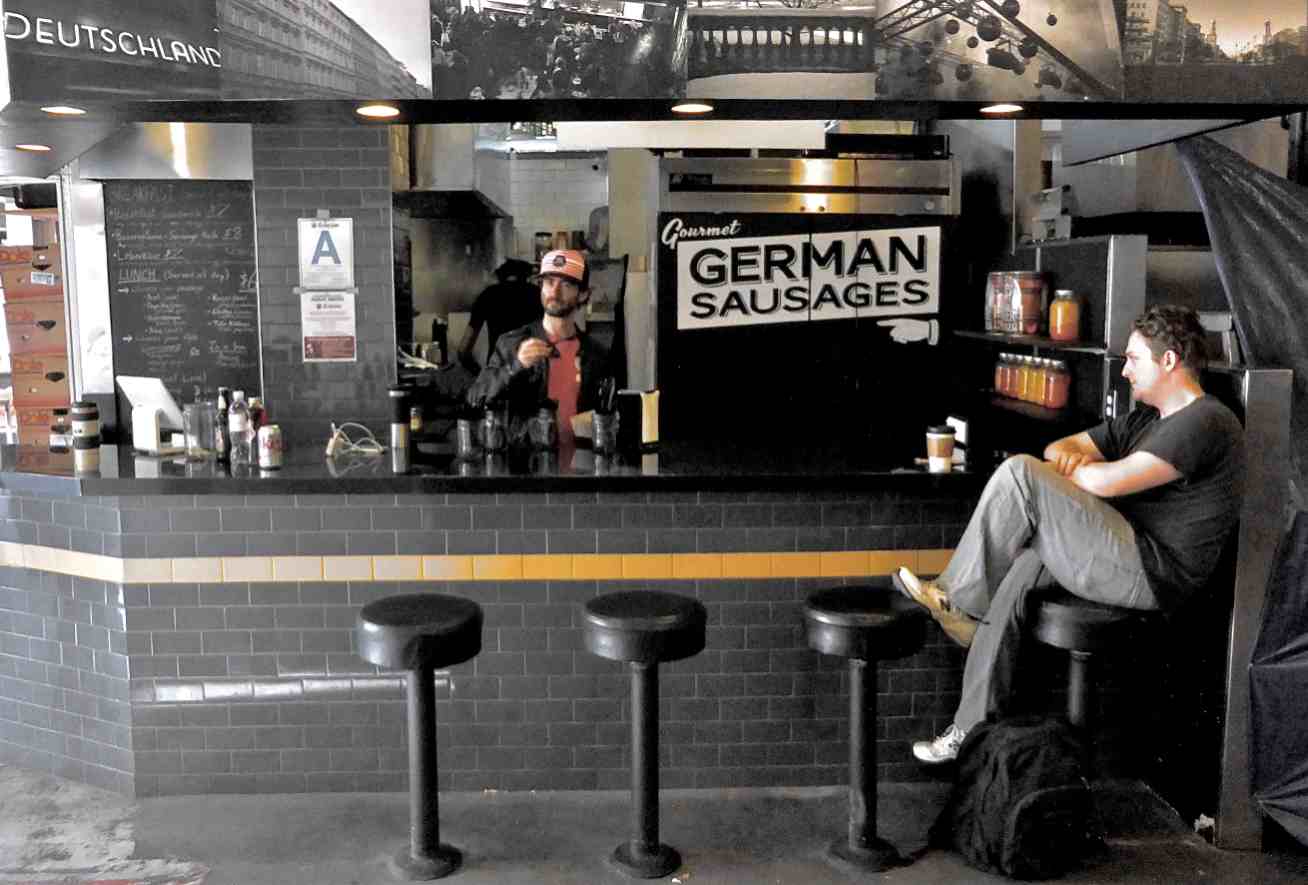The Dude of Food thinks the Save the Food idea might be a better concept than capitalism. If all humans practiced wiser living, we could see positive changes in society. Create less waste. Re-use items. Plant edible foliage. Share. Protect the Ocean. Pollute less. Recycle. Educate. Find out more at Save The Food.
https://savethefood.com/community
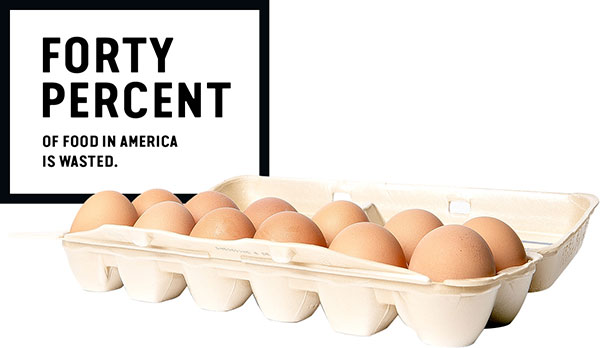
Think of all the things that could be. Less food wasted and more people fed. More composting for better future growing conditions. Less waste dumped into the ocean so we’re not polluting our food & water sources. Do you pee on your garden?
Think better built, longer lasting, reusable products. Life quality in litter free cities like Amsterdam is nice. Public gardens that grow herbs for local restaurants like in Santa Monica. Munich has great public gardens that house streams, trees, ducks, deer and serve beer. I mog di Minga!
Take a look at your decisions and food waste footprint and ask yourself the choices you can choose to make life better for you and those around you.
